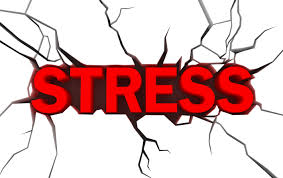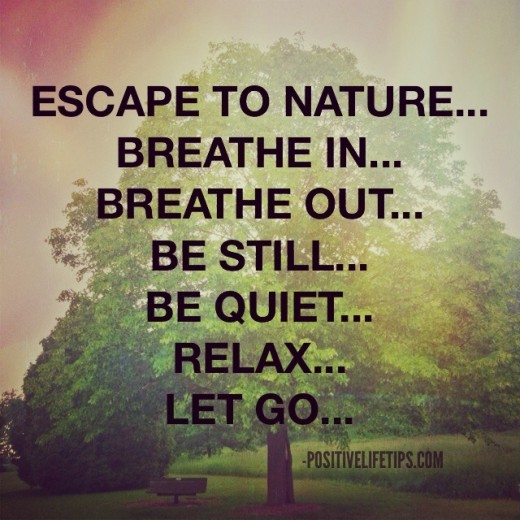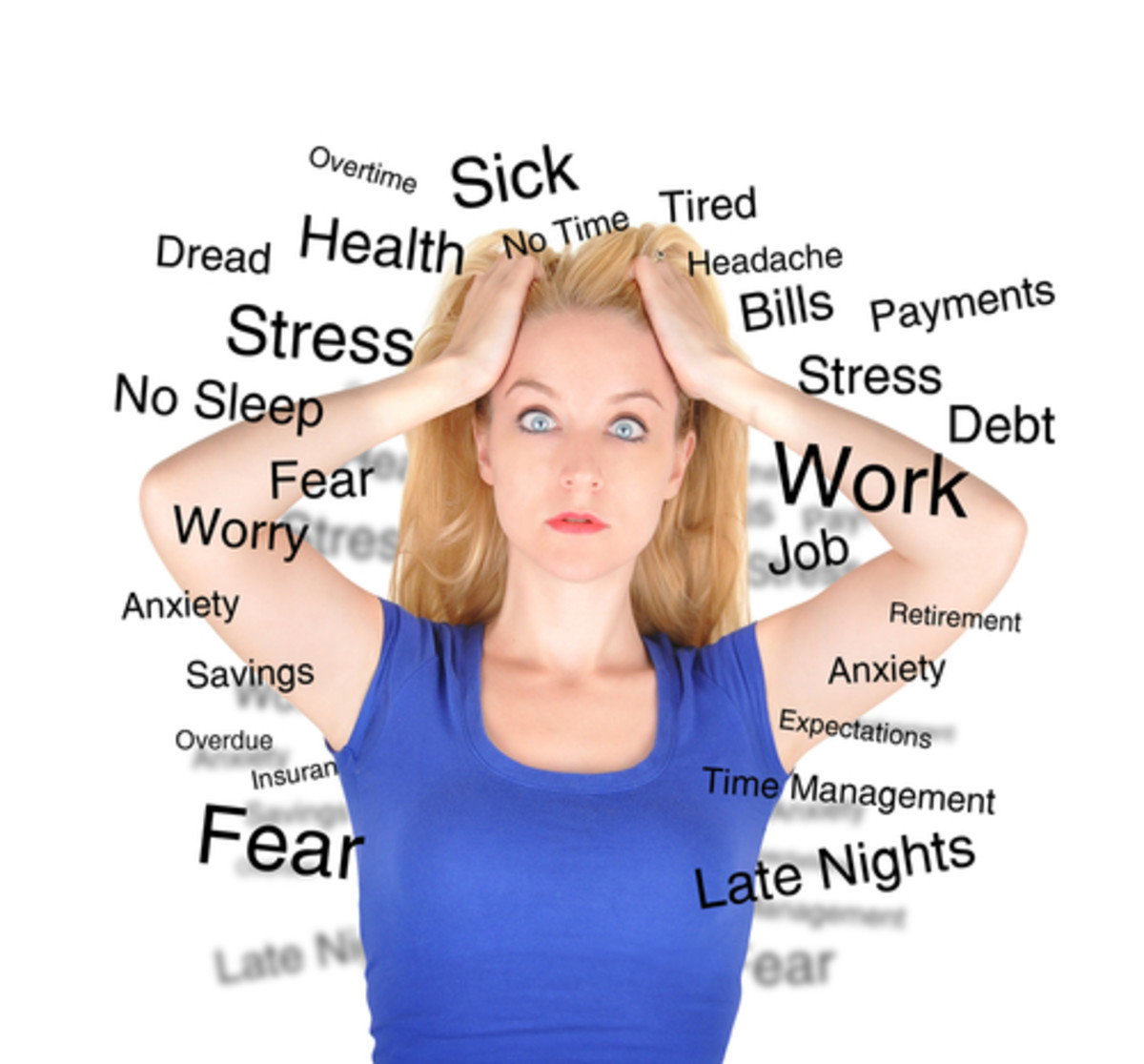- HubPages»
- Health»
- Quality of Life & Wellness»
- Personal Development
Stress - How it affects your overall health

ACUTE Stress
Acute stress is your body's defense mechanism. Think back to a brief moment of stress in your life... something that lasted for a short period of time. Maybe it was dealing with a challenging teenager, or preparing for a big presentation, or a car accident. Something that caused a high level of stress. That experience is "acute stress" and it activated a mechanism in your body call the flight-or-fight response. This response triggers your body to immediately release two main hormones: cortisol (your stress hormone) and adrenaline (your energy hormone) An increase level of these two hormones will accelerate your heart and lung functions, suppress your immune system (which causes inflammation & bloating), slow down digestion and raise your blood sugar levels among other things. To sum it up; These 2 hormones are released to prepare your body for battle. Once the stressor is removed your body will return to a relaxed state and the hormone levels return to normal. This is the moment when you take a deep breath and feel the stress dissipate. This is basically the body's natural response to stress. Of course the intensity of the stress determines the degree in which we respond.

CHRONIC Stress
Chronic stress will prevent you from achieving your health goals. It develops when you experience too many moments of acute stress. This level of stress causes your body to maintain high levels of cortisol in your blood stream which prevents you from being able to relax. Chronic stress is extremely harmful to your body in a number of areas:
- Cortisol raises your blood sugar levels causing your body to increase it's fat storing capacity.
- Cortisol suppresses the immune system making you more susceptible to getting sick. As well a suppressed immune system triggers inflammation and bloating causing weight gain.
- Cortisol slows your digestion which directly affects how you metabolize food and may cause constipation or diarrhea.
- If your body can not reach a point of relaxation your quality of sleep will be affected; this lack of sleep will make it more difficult to escape from state of chronic stress.
What are your BIGGEST Stressors?
Two Categories of Stress
Your first goal is to avoid chronic stress levels. Your next goal is to learn how to best manage your acute stress levels and work on keeping them to a minimum. Stressors are broken down to two categories;
- Stressors in which you CAN control your reaction; i.e. how you choose to take care of yourself, being late for a meeting, getting cut off while driving, your child refusing to tie their shoes.
- Stressors in which you CANNOT control your reaction; Being in a car accident, getting injured, getting sick, a death in the family.
These categories are self explanatory. It is inevitable you will experience stress in your life. Learning to react to situations from the first category means that the only factors that consist of the unknown are the items listed in the second category, the things you can not control. This will make stress become a nonfactor in your health plan.


Five Steps to Managing Your Stress
1. Keep your health plan in balance: Reflect back to a time when you missed a few cardio workouts, did you feel a little more on edge? or a moment when you had low blood sugar and you felt "starving", did you feel slightly grumpy? or the last time you had a terrible nights sleep. Were you irritable the next day? These are all examples of how an imbalanced health plan can increase stress levels. Remember your sleep is your battery charger and if you start the day with a low battery you will run out of juice during the day, which will cause an increase in stress levels triggering an over release of cortisol and adrenaline. This hormone release will get you through your day however your level of irritability and exhaustion will only build as the day progresses.
Exercise alleviates stress because it causes a release of endorphins (neurochemials that causes a feeling of well-being and assist in improving your overall mood) Endorphins are fantastic stress destroyers! Quite often you don't realize how much of a positive affect it has on you until it's taken from you due to an injury, sickness or a vacation. It's so very important to find a form of exercise that you LOVE like tennis, kickboxing, aerobics, yoga, bike riding or whatever you look forward to doing and actually enjoy.
Now reflect back to the last time you felt "starving". That feeling is low blood sugar and it indicates that your body is eating up your muscle for energy, to create fuel for your brain and your body to function properly. Imagine the stress this puts on your entire body. This added stress is what creates your feeling of edginess and in addition to that it slows down digestion and suppresses your appetite. This is how people can go an entire day without eating and then they gorge themselves when the day is over and become ravenous. This is a very important point to understand because many people think that stress increases your appetite but in fact it suppresses your appetite and when your body finally relaxes it tries to make up for the deficit created by not eating during the stress filled day.
Your health plan is an extremely important part of providing your body with the proper environment to implement the next 4 steps in managing your stress. It creates a platform where you can think more clearly and with your body and mind working optimally it will assist you to succeed with the next for steps.

2. Start a stress journal: Writing down your thoughts is a great way to get the overwhelming worry out of your mind. This will expose what your stressors really are so that they aren't blown out of proportion. Writing down the when and what stresses you out will raise awareness to help you create solutions, which is the next step.
3. Create Solutions: By making yourself aware of the stress you experience through journalling you can create solutions. Always start with the worse case scenario which will make you aware of the actual size of your challenge you actually face. Most of the time you will find that even the worst case scenario is manageable. It will help you create a solution that will prevent a repeat occurrence of that same stressor.

4. Implement Positive Escapes: It is a very natural reaction to feel the desire to escape for a moment when stress is experienced. When a stressor is present it causes you body to increase it's levels of adrenaline and cortisol which triggers the "flight or fight" response, then once the stressor is removed your body will shift to relaxation mode and typically desire an escape or payoff. The challenge is the fact that many escapes are negative, for example; many people use food as their escape. The adjustment here that needs to be made is; instead of reaching for food (a negative escape) go for a walk, throw a ball with a friend or your child, watch a movie, these are all positive escapes. Any action that brings you closer to your goal. So you still get an escape, but it's positive and it really benefits you.
5. Keep Learning: Personal development is a major factor in reaching your health goals. You must keep working on yourself, finding positive ways to handle stress and keep reading. The more you work on managing your stress, the better you will get at controlling how you react to your stressors.
You now have the knowledge and tools to control your stress and prevent it from becoming your "X-FACTOR".









